Discover Physics World Weekly Podcast
Physics World Weekly Podcast

Physics World Weekly Podcast
Author: Physics World
Subscribed: 2,759Played: 71,920Subscribe
Share
© Copyright by IOP Publishing Ltd and individual contributors
Description
Physics World Weekly offers a unique insight into the latest news, breakthroughs and innovations from the global scientific community. Our award-winning journalists reveal what has captured their imaginations about the stories in the news this week, which might span anything from quantum physics and astronomy through to materials science, environmental research and policy, and biomedical science and technology. Find out more about the stories in this podcast by visiting the Physics World website. If you enjoy what you hear, then also check out our monthly podcast Physics World Stories, which takes a more in-depth look at a specific theme.
384 Episodes
Reverse
This episode of the Physics World Weekly podcast features Tim Hsieh of Canada’s Perimeter Institute for Theoretical Physics. We explore some of today’s hottest topics in quantum science and technology – including topological phases of matter; quantum error correction and quantum simulation.
Our conversation begins with an exploration of the quirky properties quantum matter and how these can be exploited to create quantum technologies. We look at the challenges that must be overcome to create large-scale quantum computers; and Hsieh reveals which problem he would solve first if he had access to a powerful quantum processor.
This interview was recorded earlier this autumn when I had the pleasure of visiting the Perimeter Institute and speaking to four physicists about their research. This is the third of those conversations to appear on the podcast.
The first interview in this series from the Perimeter Institute was with Javier Toledo-Marín, “Quantum computing and AI join forces for particle physics”; and the second was with Bianca Dittrich, “Quantum gravity: we explore spin foams and other potential solutions to this enduring challenge“.
This episode is supported by the APS Global Physics Summit, which takes place on 15–20 March, 2026, in Denver, Colorado, and online.
Earlier this autumn I had the pleasure of visiting the Perimeter Institute for Theoretical Physics in Waterloo Canada – where I interviewed four physicists about their research. This is the second of those conversations to appear on the podcast – and it is with Bianca Dittrich, whose research focuses on quantum gravity.
Albert Einstein’s general theory of relativity does a great job at explaining gravity but it is thought to be incomplete because it is incompatible with quantum mechanics. This is an important shortcoming because quantum mechanics is widely considered to be one of science’s most successful theories.
Developing a theory of quantum gravity is a crucial goal in physics, but it is proving to be extremely difficult. In this episode, Dittrich explains some of the challenges and talks about ways forward – including her current research on spin foams. We also chat about the intersection of quantum gravity and condensed matter physics; and the difficulties of testing theories against observational data.
The first interview in this series from the PI was with Javier Toledo-Marín: “Quantum computing and AI join forces for particle physics”
IOP Publishing’s new Progress In Series: Research Highlights website offers quick, accessible summaries of top papers from leading journals like Reports on Progress in Physics and Progress in Energy. Whether you’re short on time or just want the essentials, these highlights help you expand your knowledge of leading topics.
It is book week here at Physics World and over the course of three days we are presenting conversations with the authors of three fascinating and fun books about physics. Today, my guest is the physicist Daniel Whiteson, who along with the artist Andy Warner has created the delightful book Do Aliens Speak Physics?.
Is physics universal, or is it shaped by human perspective? This will be a very important question if and when we are visited by an advanced alien civilization. Would we recognize our visitors’ alien science – or indeed, could a technologically-advanced civilization have no science at all? And would we even be able to communicate about science with our alien guests?
Whiteson, who is a particle physicist at the University of California Irvine, tackles these profound questions and much more in this episode of the Physics World Weekly podcast.
This episode is supported by the APS Global Physics Summit, which takes place on 15–20 March, 2026, in Denver, Colorado, and online.
It is book week here at Physics World and over the course of three days we are presenting conversations with the authors of three fascinating and fun books about physics. First up is my Physics World colleague Michael Banks, whose book Physics Around the Clock: Adventures in the Science of Everyday Living starts with your morning coffee and ends with a formula for making your evening television viewing more satisfying.
As well as the rich physics of coffee, we chat about strategies for finding the best parking spot and the efficient boarding of aeroplanes. If you have ever wondered why a runner’s ponytail swings from side-to-side when they reach a certain speed – we have the answer for you.
Other daily mysteries that we explore include how a hard steel razor blade can be dulled by cutting relatively soft hairs and why quasiparticles called “jamitons” are helping physicists understand the spontaneous appearance of traffic jams. And a warning for squeamish listeners, we do talk about the amazing virus-spreading capabilities of a flushing toilet.
This episode is supported by the APS Global Physics Summit, which takes place on 15–20 March, 2026, in Denver, Colorado, and online.
Like any major endeavour, designing and fabricating semiconductor chips requires compromise. As well as trade-offs between cost and performance, designers also consider carbon emissions and other environmental impacts.
In this episode of the Physics World Weekly podcast, Margaret Harris reports from the Heidelberg Laureate Forum where she spoke to two researchers who are focused on some of these design challenges.
Up first is Mariam Elgamal, who’s doing a PhD at Harvard University on the development of environmentally sustainable computing systems. She explains why sustainability goes well beyond energy efficiency and must consider the manufacturing process and the chemicals used therein.
Harris also chats with Andrew Gunter, who is doing a PhD at the University of British Columbia on circuit design for computer chips. He talks about the maths-related problems that must be solved in order to translate a desired functionality into a chip that can be fabricated.
This episode explores the scientific and technological significance of 2D materials such as graphene. My guest is Antonio Rossi, who is a researcher in 2D materials engineering at the Italian Institute of Technology in Genoa.
Rossi explains why 2D materials are fundamentally different than their 3D counterparts – and how these differences are driving scientific progress and the development of new and exciting technologies.
Graphene is the most famous 2D material and Rossi talks about today’s real-world applications of graphene in coatings. We also chat about the challenges facing scientists and engineers who are trying to exploit graphene’s unique electronic properties.
Rossi’s current research focuses on two other promising 2D materials – tungsten disulphide and hexagonal boron nitride. He explains why tungsten disulphide shows great technological promise because of its favourable electronic and optical properties; and why hexagonal boron nitride is emerging as an ideal substrate for creating 2D devices.
Artificial intelligence (AI) is becoming an important tool in developing new 2D materials. Rossi explains how his team is developing feedback loops that connect AI with the fabrication and characterization of new materials. Our conversation also touches on the use of 2D materials in quantum science and technology.
IOP Publishing’s new Progress In Series: Research Highlights website offers quick, accessible summaries of top papers from leading journals like Reports on Progress in Physics and Progress in Energy. Whether you’re short on time or just want the essentials, these highlights help you expand your knowledge of leading topics.
Earlier this year I met the Massachusetts-based steampunk artist Bruce Rosenbaum at the Global Physics Summit of the American Physical Society. He was exhibiting a beautiful sculpture of a “quantum engine” that was created in collaboration with physicists including NIST’s Nicole Yunger Halpern – who pioneered the scientific field of quantum steampunk.
I was so taken by the art and science of quantum steampunk that I promised Rosenbaum that I would chat with him and Yunger Halpern on the podcast – and here is that conversation. We begin by exploring the art of steampunk and how it is influenced by the technology of the 19th century. Then, we look at the physics of quantum steampunk, a field that weds modern concepts of quantum information with thermodynamics – which itself is a scientific triumph of the 19th century.
Philip Ball reviews Yunger Halpern’s 2022 book Quantum Steampunk: the Physics of Yesterday’s Tomorrow
This podcast is supported by Atlas Technologies, specialists in custom aluminium and titanium vacuum chambers as well as bonded bimetal flanges and fittings used everywhere from physics labs to semiconductor fabs.
This episode of the Physics World Weekly podcast explores how quantum computing and artificial intelligence can be combined to help physicists search for rare interactions in data from an upgraded Large Hadron Collider.
My guest is Javier Toledo-Marín, and we spoke at the Perimeter Institute in Waterloo, Canada. As well as having an appointment at Perimeter, Toledo-Marín is also associated with the TRIUMF accelerator centre in Vancouver.
Toledo-Marín and colleagues have recently published a paper called “Conditioned quantum-assisted deep generative surrogate for particle–calorimeter interactions”.
This podcast is supported by Delft Circuits.
As gate-based quantum computing continues to scale, Delft Circuits provides the i/o solutions that make it possible.
Spending time in space has a big impact on the human body and can cause a range of health issues. Many astronauts develop vision problems because microgravity causes body fluids to redistribute towards the head. This can lead to swelling in the eye and compression of the optic nerve.
While eye conditions can generally be treated with medication, delivering drugs in space is not a straightforward task. Eye drops simply don’t work without gravity, for example. To address this problem, researchers in Hungary are developing a tiny dissolvable eye insert that could deliver medication directly to the eye. The size of a grain of rice, the insert has now been tested by an astronaut on the International Space Station.
This episode of the Physics World Weekly podcast features two of those researchers – Diána Balogh-Weiser of Budapest University of Technology and Economics and Zoltán Nagy of Semmelweis University – who talk about their work with Physics World’s Tami Freeman.
This year’s Nobel Prize for Physics went to John Clarke, Michel Devoret and John Martinis “for the discovery of macroscopic quantum mechanical tunnelling and energy quantization in an electric circuit”.
That circuit was a superconducting device called a Josephson junction and their work in the 1980s led to the development of some of today’s most promising technologies for quantum computers.
To chat about this year’s laureates, and the wide-reaching scientific and technological consequences of their work I am joined by Ilana Wisby – who is a quantum physicist, deep tech entrepreneur and former CEO of UK-based Oxford Quantum Circuits. We chat about the trio’s breakthrough and its influence on today’s quantum science and technology.
This podcast is supported by American Elements, the world’s leading manufacturer of engineered and advanced materials. The company’s ability to scale laboratory breakthroughs to industrial production has contributed to many of the most significant technological advancements since 1990 – including LED lighting, smartphones, and electric vehicles.
Next week, the winners of the 2025 Nobel Prize for Physics will be revealed. In the run-up to the announcement I’m joined in this podcast by my colleague Matin Durrani, who has surveyed the last quarter century of Nobel prizes and picked his top five physics prizes of the 21st century – so far.
We also look back to two early Nobel prizes, which were given for very puzzling reasons. One was awarded in 1908 to Gabriel Lippmann for an impractical colour-photography technique that was quickly forgotten; and the other in 1912 to Gustaf Dalén for the development of several technologies used in lighthouses.
Our predictions
It’s a mug’s game, we know, but we couldn’t resist including a few predictions of who could win this year’s physics Nobel. Perhaps a prize for quantum algorithms could be announced on Tuesday, so stay tuned.
And finally, we round off this episode with a fun Nobel quiz. Do you know how old Lawrence Bragg was when he became the youngest person to win the physics prize?
Articles mentioned in this podcast:
“Nobel prizes you’ve never heard of: how a Swedish inventor was honoured for a technology that nearly killed him”
“Nobel prizes you’ve never heard of: how an obscure version of colour photography beat quantum theory to the most prestigious prize in physics”
“Inside the Nobels: Lars Brink reveals how the world’s top physics prize is awarded”
This podcast is supported by American Elements, the world’s leading manufacturer of engineered and advanced materials. The company’s ability to scale laboratory breakthroughs to industrial production has contributed to many of the most significant technological advancements since 1990 – including LED lighting, smartphones, and electric vehicles.
In the past three decades astronomers have discovered more than 6000 exoplanets – planets that orbit stars other than the Sun. Many of these exoplanets are very unlike the eight planets of the solar system, making it clear that the cosmos contains a rich and varied array of alien worlds.
Weird and wonderful planets are also firmly entrenched in the world of science fiction, and the interplay between imagined and real planets is explored in the new book Amazing Worlds of Science Fiction and Science Fact. Its author Keith Cooper is my guest in this episode of the Physics World Weekly podcast and our conversation ranges from the amazing science of “hot Jupiter” exoplanets to how the plot of a popular Star Trek episode could inform our understanding of how life could exist on distant exoplanets.
Keith Cooper has written a three-part feature article about the nature of dark matter for Physics World. The first instalment is “Cosmic combat: delving into the battle between dark matter and modified gravity“
It is Peer Review Week and the theme for 2025 is “Rethinking Peer Review in the AI Era”. This is not surprising given the rapid rise in the use and capabilities of artificial intelligence. However, views on AI are deeply polarized for reasons that span its legality, efficacy and even its morality.
A recent survey done by IOP Publishing – the scientific publisher that brings you Physics World – reveals that physicists who do peer review are polarized regarding whether AI should be used in the process.
IOPP’s Laura Feetham-Walker is lead author of AI and Peer Review 2025, which describes the survey and analyses its results. She joins me in this episode of the Physics World Weekly podcast in a conversation that explores reviewers’ perceptions of AI and their views of how it should, or shouldn’t, be used in peer review.
This episode of the Physics World Weekly podcast features Scott Bolton, who is principal investigator on NASA’s Juno mission to Jupiter. Launched in 2011, the mission has delivered important insights into the nature of the gas-giant planet. In this conversation with Physics World’s Margaret Harris, Bolton explains how Juno continues to change our understanding of Jupiter and other gas giants.
Bolton and Harris chat about the mission’s JunoCam, which has produced some gorgeous images of Jupiter and it moons.
Although the Juno mission was expected to last only a few years, the spacecraft is still going strong despite operating in Jupiter’s intense radiation belts. Bolton explains how the Juno team has rejuvenated radiation-damaged components, which has provided important insights for those designing future missions to space.
However Juno’s future is uncertain. Despite its great success, the mission is currently scheduled to end at the end of September, which is something that Bolton also addresses in the conversation.
Can artificial intelligence predict future research directions in quantum science? Listen to this episode of the Physics World Weekly podcast to discover what is already possible.
My guests are Mario Krenn – who heads the Artificial Scientist Lab at Germany’s Max Planck Institute for the Science of Light – and Felix Frohnert, who is doing a PhD on the intersection of quantum physics and machine learning at Leiden University in the Netherlands.
Frohnert, Krenn and colleagues published a paper earlier this year called “Discovering emergent connections in quantum physics research via dynamic word embeddings” in which they analysed more than 66,000 abstracts from the quantum-research literature to see if they could predict future trends in the field. They were particularly interested in the emergence of connections between previously isolated subfields of quantum science.
We chat about what motivated the duo to use machine learning to study quantum science; how their prediction system works; and I ask them whether they have been able to predict current trends in quantum science using historical data.
Their paper appears in the journal Machine Learning Science and Technology. It is published by IOP Publishing – which also brings you Physics World. Krenn is on the editorial board of the journal and in the podcast he explains why it is important to have a platform to publish research at the intersection of physics and machine learning.
This article forms part of Physics World‘s contribution to the 2025 International Year of Quantum Science and Technology (IYQ), which aims to raise global awareness of quantum physics and its applications.
Stayed tuned to Physics World and our international partners throughout the next 12 months for more coverage of the IYQ.
Find out more on our quantum channel.
My guest in this episode of the Physics World Weekly podcast is the journalist Jason Palmer, who co-hosts the Intelligence podcast at the Economist.
Palmer did a PhD in chemical physics at Imperial College London before turning his hand to science writing with stints at the BBC and New Scientist.
He explains how he made the transition from the laboratory to the newsroom and offers tips for scientists planning to make the same career journey. We also chat about how artificial intelligence is changing how journalists work.
This episode features a wide-ranging interview with the astrochemist Ewine van Dishoeck, who is professor emeritus of molecular astrophysics at Leiden Observatory in the Netherlands. In 2018 she was awarded The Kavli Prize in Astrophysics and in this podcast she talks about her passion for astrochemistry and how her research combines astronomy, astrophysics, theoretical chemistry and laboratory experiments.
Van Dishoeck talks about some of the key unanswered questions in astrochemistry, including how complex molecules form on the tiny specks of dust in interstellar space. We chat about the recent growth in our understanding of exoplanets and protoplanetary discs and the prospect of observing signs of life on distant planets or moons.
The Atacama Large Millimetre Array radio telescope and the James Webb Space Telescope are two of the major facilities that Van Dishoeck has been involved with. She talks about the challenges of getting the astronomy community to agree on the parameters of a new observatory and explains the how collaborative nature of these projects ensures that instruments meet the needs of multiple research communities.
Van Dishoeck looks to the future of astrochemistry and what new observatories could bring to the field. The interview ends with a call for the next generation of scientists to pursue careers in astrochemistry.
This podcast is sponsored by The Kavli Prize.
The Kavli Prize honours scientists for basic research breakthroughs in astrophysics, nanoscience and neuroscience – transforming our understanding of the big, the small and the complex. One million dollars is awarded in each of the three fields. The Kavli Prize is a partnership among The Norwegian Academy of Science and Letters, the Norwegian Ministry of Education and Research, and The Kavli Foundation (USA).
The vision for The Kavli Prize comes from Fred Kavli, a Norwegian-American entrepreneur and philanthropist who turned his lifelong fascination with science into a lasting legacy for recognizing scientific breakthroughs and for supporting basic research.
The Kavli Prize follows a two-year cycle, with an open call for nominations between 1 July and 1 October in odd-numbered years, and an announcement and award ceremony during even-numbered years. The next Kavli Prize will be announced in June 2026. Visit kavliprize.org for more information.
In this episode of the Physics World Weekly podcast I am in conversation two physicists who are leading lights in the quantum science and technology community in the US state of Illinois. They are Preeti Chalsani who is chief quantum officer at Intersect Illinois, and David Awschalom who is director of Q-NEXT.
As well as being home to Chicago, the third largest urban area in the US, the state also hosts two national labs (Fermilab and Argonne) and several top universities. In this episode, Awschalom and Chalsani explain how the state is establishing itself as a burgeoning hub for quantum innovation – along with neighbouring regions in Wisconsin and Indiana.
Chalsani talks about the Illinois Quantum and Microelectronics Park, a 128-acre technology campus that being developed on the site of a former steel mill just south of Chicago. The park has already attracted its first major tenant, PsiQuantum, which will build a utility-scale, fault-tolerant quantum computer at the park.
Q-NEXT is led by Argonne National Laboratory, and Awschalom explains how academia, national labs, industry, and government are working together to make the region a quantum powerhouse.
Related podcasts include interviews with Celia Merzbacher of the US’s Quantum Economic Development Consortium; Nadya Mason of the Pritzker School of Molecular Engineering at the University of Chicago; and Travis Humble of the Quantum Science Center at Oak Ridge National Laboratory
This podcast is supported by American Elements, the world’s leading manufacturer of engineered and advanced materials. The company’s ability to scale laboratory breakthroughs to industrial production has contributed to many of the most significant technological advancements since 1990 – including LED lighting, smartphones, and electric vehicles.
This episode of the Physics World Weekly podcast features an interview with Kirsty McGhee, who is a scientific writer at the quantum-software company Qruise. It is the second episode in our two-part miniseries on careers for physicists.
While she was doing a PhD in condensed matter physics, McGhee joined Physics World’s Student Contributors Network. This involved writing articles about peer-reviewed research and also proof reading articles written by other contributors.
McGhee explains how the network broadened her knowledge of physics and improved her communication skills. She also says that potential employers looked favourably on her writing experience.
At Qruise, McGhee has a range of responsibilities that include writing documentation, marketing, website design, and attending conference exhibitions. She explains how her background in physics prepared her for these tasks, and what new skills she is learning.
The first episode of this miniseries looks at what physicists can look forward to in retirement: “Third age careers for physicists: writing and the arts beckon“
Many of us will have careers with three distinct eras: education, work and retirement. While the first two tend to be regimented, the third age offers the possibility of pursuing a wide range of interests.
Our guest in this episode of the Physics World Weekly podcast is the retired particle physicist Michael Albrow, who is scientist emeritus at Fermilab in the US. He has just published his book Space Times Matter: One Hundred Short Stories About The Universe, which is a collection of brief essays and poems related to science.
Much of the book comes from a newspaper column that Albrow wrote earlier in his retirement and he has also been involved in collaborations with visual and musical artists. In this podcast he talks about this third age of his career as a physicist and gives some tips for your retirement.



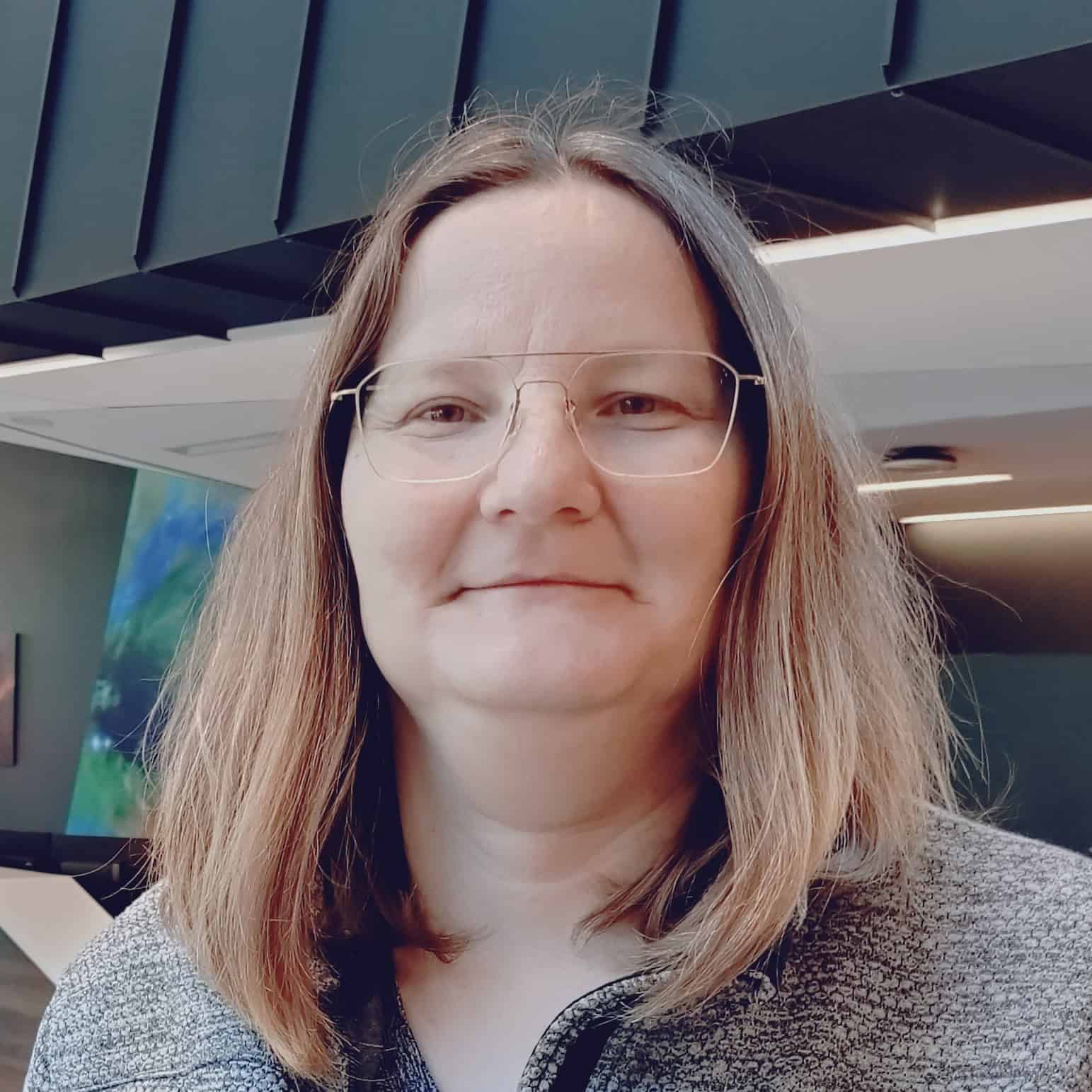

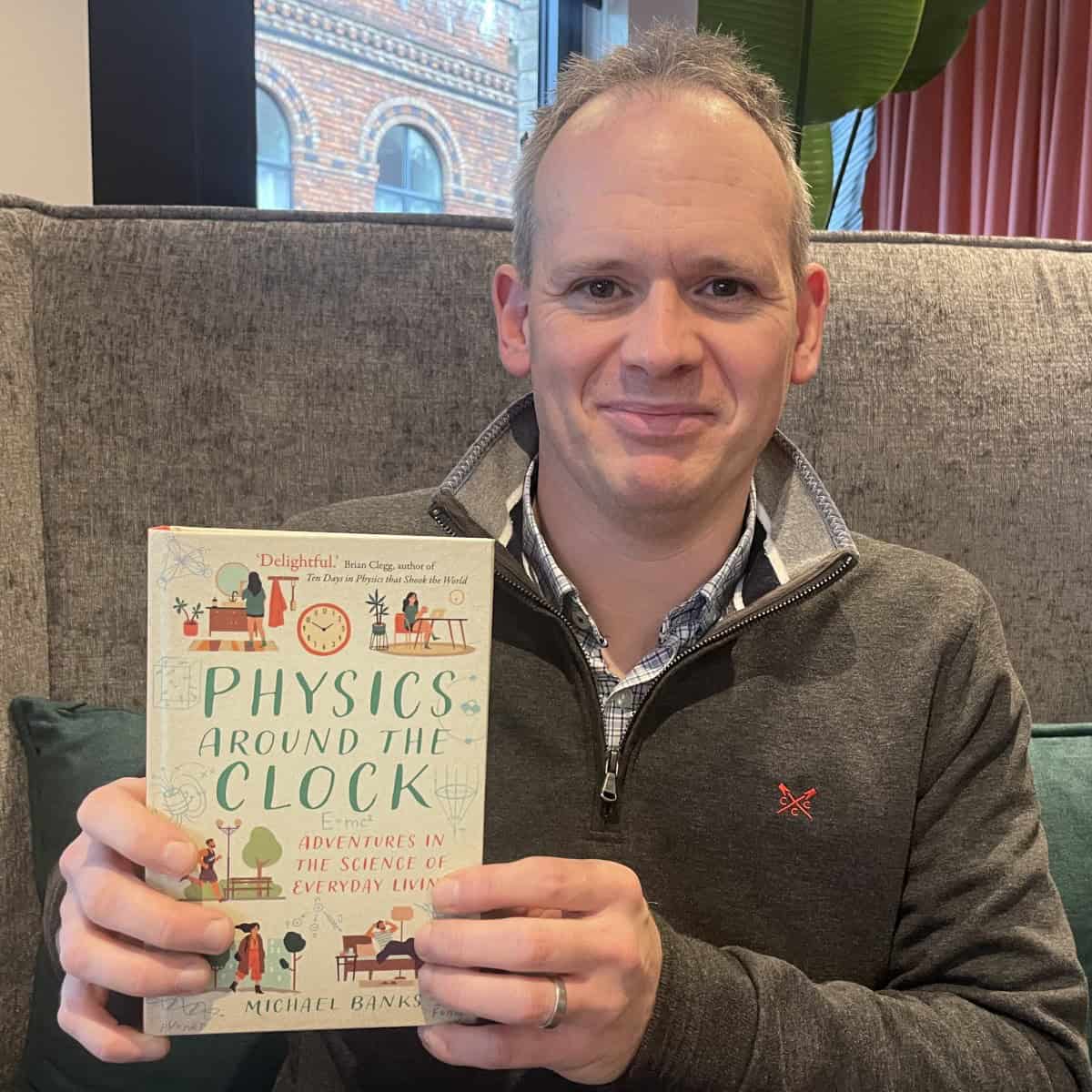




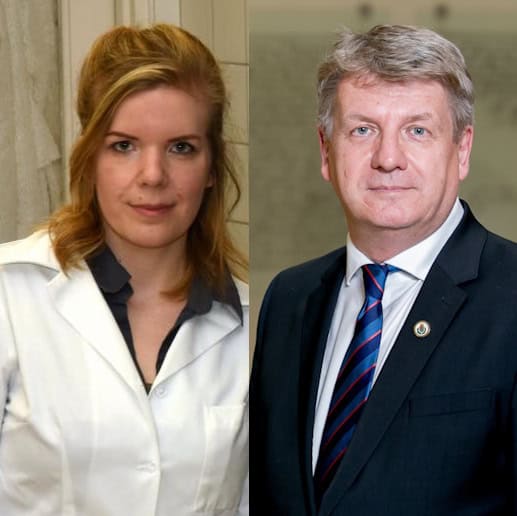


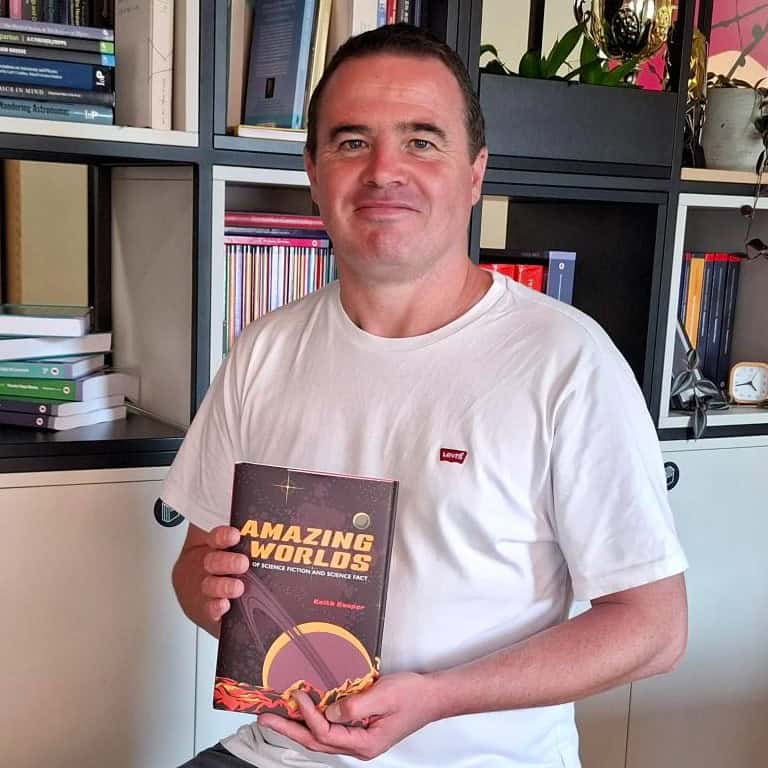

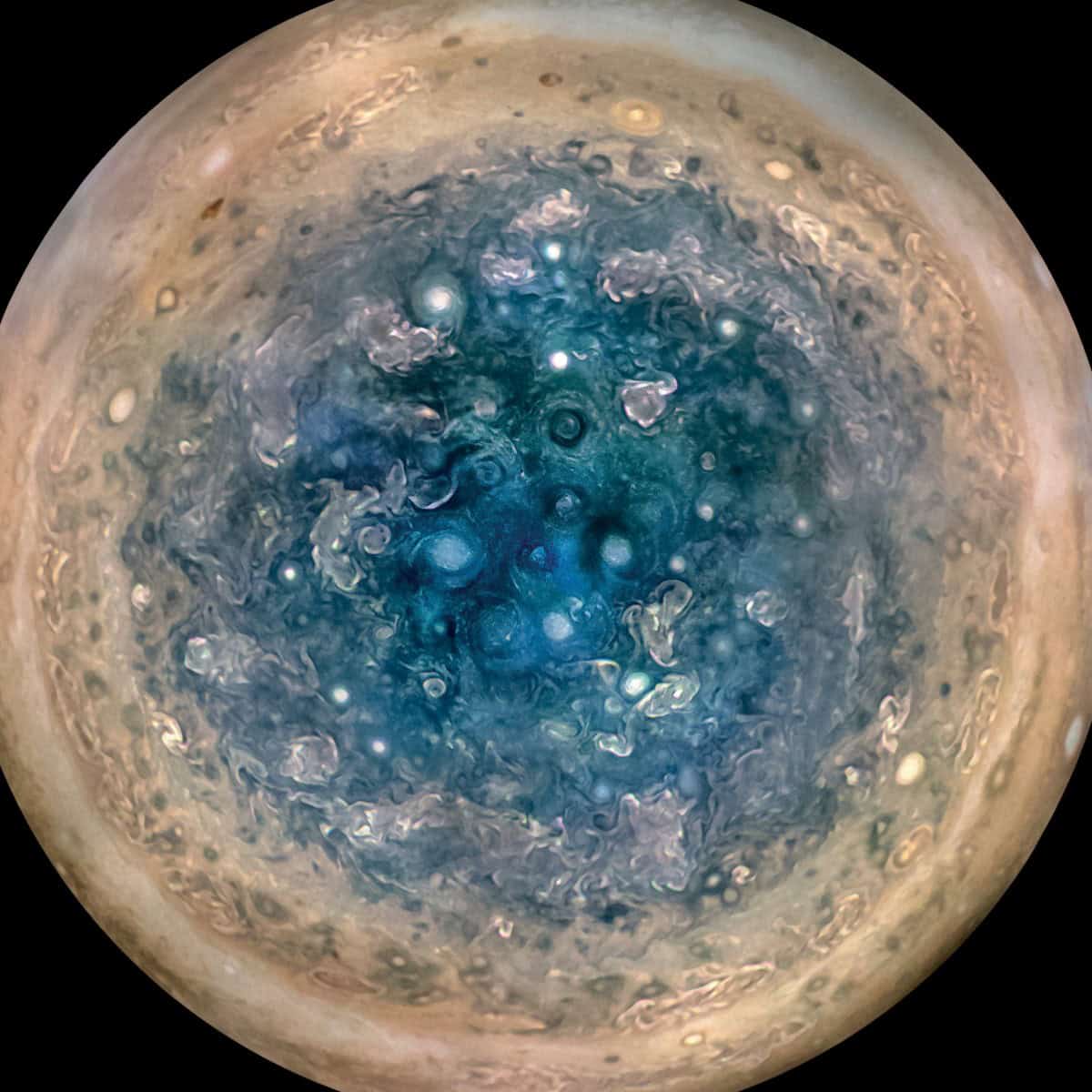









useful.
in a few short years quantum computing will be so advanced that all of a sudden there will be about 7 billion people too many on the planet... a surplus of humans... i wonder what the plan is for what to do with 7 billion humans that are no longer needed on this planet....????
NAACP files suit over California fire damage. I love it when the left eats itself.
I leave some negative comments, I have to apologize the majority of the time I love this podcast
It seems like the guest sees climate change wherever he sees something negative, he is training people to see climate change. this is not going to convince anybody, It is a big mistake
guest needs to learn about lethality halving, poor analytical thinking
Great episode, which highlights the role of machine learning algorithms in processing vast amounts of data and identifying potential signals from outer space. Exploring the application of machine learning in the pursuit of understanding the universe is both intriguing and thought-provoking. On a related note, I encourage you to check out this article https://www.the-next-tech.com/development/the-vital-role-of-data-annotation-in-ai-development/. This informative piece discusses the crucial role of data annotation in training AI models effectively. Data annotation involves labeling and annotating data to provide the necessary context and structure for machine learning algorithms. Understanding the significance of data annotation is essential for anyone involved in AI development.
One novel solution for the future would be to set up quantum computing clusters on cold planets and bodies throughout the solar system. You could then use this solar system wide processing power to do tasks for spacecraft and other computer systems throughout the solar system and on earth using cloud computing expanded to the solar system scale. Give me credit when this idea is used in the distant future.